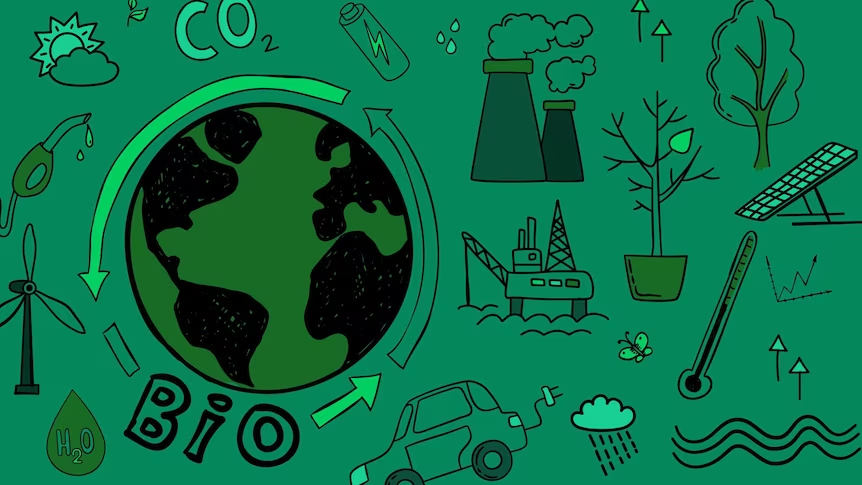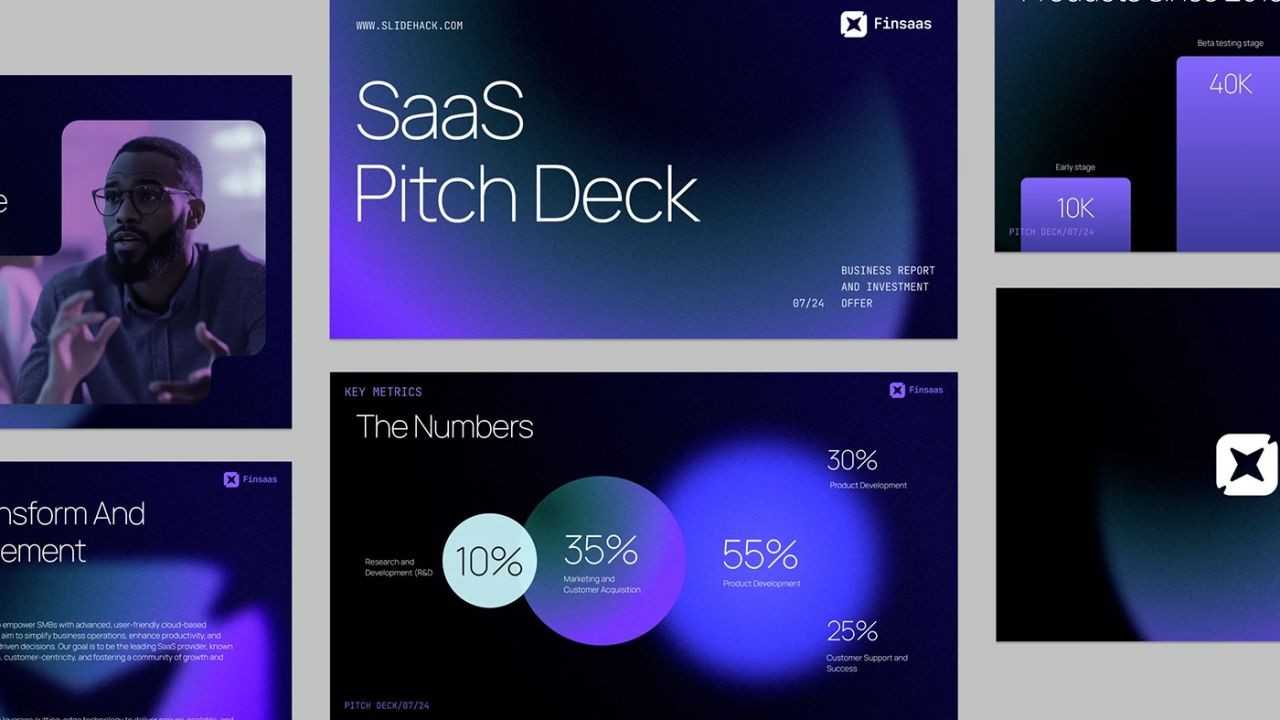New Zealand stands at a unique crossroads, where its stunning natural landscapes meet cutting-edge technology. As the world grapples with climate change, one Kiwi company is harnessing the power of artificial intelligence (AI) to tackle this global crisis head-on. This article delves into the innovative approaches employed by a pioneering New Zealand firm, exploring how AI can foster sustainable practices and transform industries, while providing insights for financial advisors on the implications of these developments.
AI’s Role in Combating Climate Change: A New Zealand Perspective
New Zealand's commitment to reducing carbon emissions is well-documented, with the government aiming to achieve zero carbon by 2050. The country's unique economic structure, heavily reliant on agriculture and tourism, presents both challenges and opportunities in this quest. According to Stats NZ, agriculture contributes to nearly half of the nation's greenhouse gas emissions. To address these issues, AI technology emerges as a powerful ally, offering innovative solutions to enhance efficiency and minimize environmental impact.
Case Study: Xero – Harnessing AI for Environmental Efficiency
Problem: Xero, a leading New Zealand-based accounting software company, recognized the need to reduce the carbon footprint associated with its data centers and operations.
- The company faced increasing pressure from both investors and consumers to adopt more sustainable practices.
- Research indicated that data centers contribute to approximately 2% of global greenhouse gas emissions, a figure expected to rise.
Action: To address these challenges, Xero integrated AI-driven analytics to optimize energy use in its data centers.
- By leveraging machine learning algorithms, the company was able to predict energy demand and adjust operations accordingly.
- This approach allowed Xero to align its energy consumption with renewable energy availability, significantly reducing its reliance on non-renewable sources.
Result:
- Xero achieved a 30% reduction in energy costs within the first year of implementation.
- Carbon emissions from its data centers decreased by 25%, aligning with the company's sustainability goals.
Takeaway: Xero's success demonstrates the potential of AI in driving sustainability within the tech industry. By investing in AI, New Zealand businesses can not only meet environmental targets but also achieve cost savings and enhance their brand reputation.
Data-Driven Insights: AI’s Impact on New Zealand’s Economy
AI's integration into climate change solutions extends beyond tech companies. The Reserve Bank of New Zealand highlights that AI adoption across industries could increase the country's GDP by up to 2.3% annually by 2030. This growth is spurred by enhanced productivity, reduced operational costs, and the creation of new markets and job opportunities.
In the agricultural sector, AI-driven precision farming tools are optimizing resource usage, leading to a 20% increase in crop yields while reducing water and fertilizer consumption. This not only mitigates environmental impact but also boosts the sector's profitability, essential for New Zealand's economy.
Pros and Cons of AI in Climate Strategy
Pros:
- Efficiency Gains: AI enables precise monitoring and control, leading to significant resource savings.
- Scalability: Once developed, AI solutions can be scaled across various sectors, amplifying their impact.
- Innovation Catalyst: AI fosters innovation by unlocking new ways to tackle environmental challenges.
Cons:
- High Initial Costs: Implementing AI solutions requires substantial upfront investment.
- Data Privacy Concerns: The use of AI raises issues regarding data security and privacy.
- Regulatory Challenges: Navigating the regulatory landscape for AI applications can be complex.
Debunking Common Myths About AI and Climate Change
Myth: "AI will solve climate change without human intervention."
Reality: While AI is a powerful tool, it requires human oversight and integration with policy measures to be effective. Collaboration between technology and human decision-making is vital for sustainable outcomes.
Myth: "AI is too expensive for small businesses."
Reality: Initial costs can be high, but AI solutions often lead to long-term savings and efficiencies, making them accessible and beneficial for businesses of all sizes.
Future Trends and Predictions
Looking ahead, AI's role in climate change mitigation is set to expand. By 2028, it is projected that 40% of New Zealand's agricultural operations will incorporate AI technologies to optimize resource management and reduce emissions (Source: Deloitte Agribusiness Report 2024). This trend will not only bolster sustainability efforts but also create new opportunities for investment and innovation within the sector.
Conclusion
New Zealand businesses are uniquely positioned to leverage AI in the fight against climate change, turning sustainability challenges into opportunities for growth and innovation. As AI technologies evolve, financial advisors must guide their clients in understanding the implications and potential returns of investing in these technologies. What’s your take on AI's role in shaping a sustainable future? Join the conversation and share your insights below!
Related Search Queries
- How New Zealand companies use AI for sustainability
- AI impact on New Zealand's economy
- Future of AI in climate change solutions
- AI-driven farming solutions in New Zealand
- Sustainable business practices using AI































